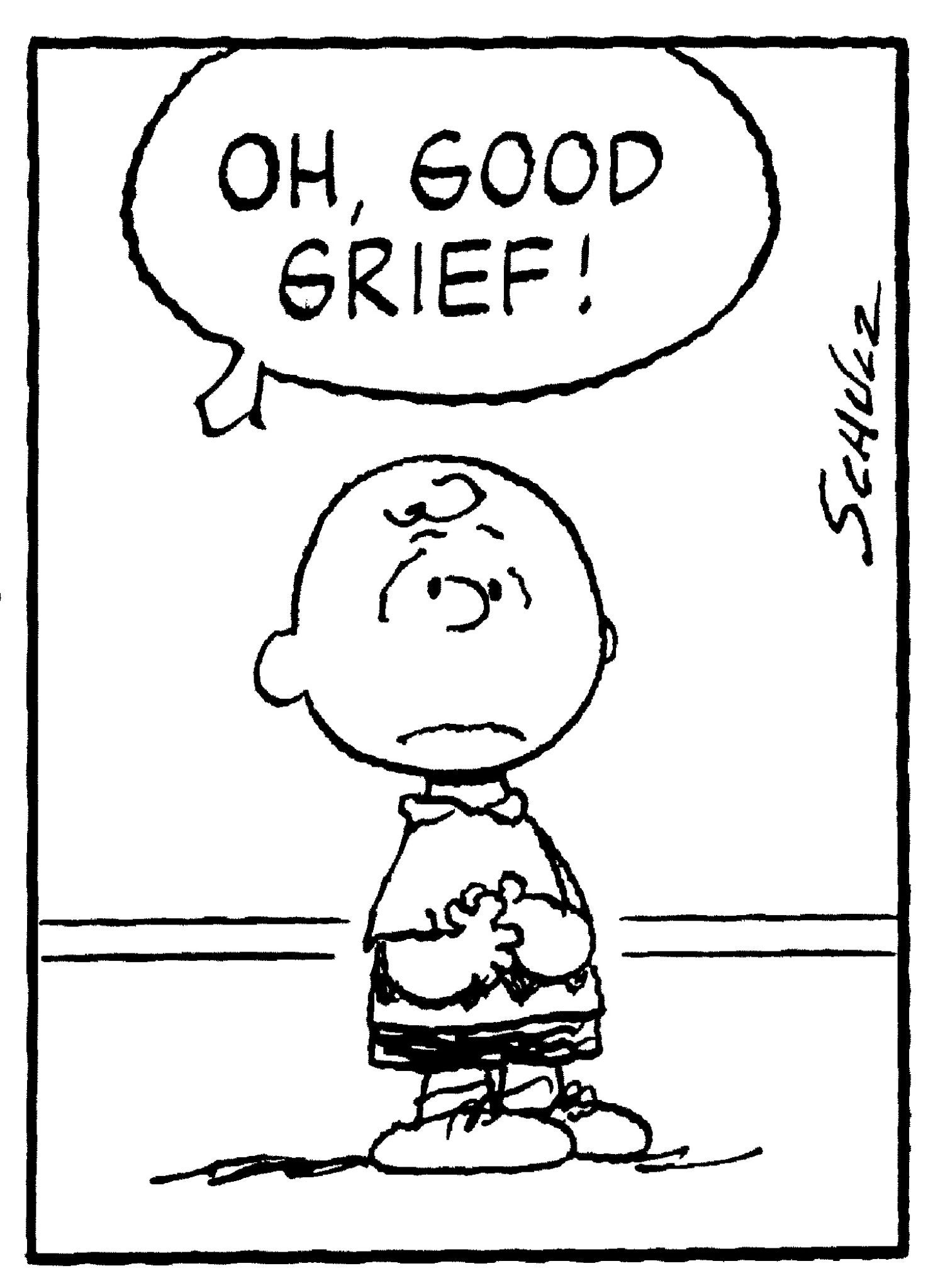Book of a lifetime: Peanuts, By Charles M Schultz

The first paperback of Charles M Schultz's 'Peanuts' appeared in 1952, though the comic strip had been nationally syndicated a couple of years before that. I started reading 'Peanuts' at six or seven, a contemporary of its characters, and followed it for the next 50 years.
This was what it felt like to grow up in the 1950s. Its hero, the hapless, weary and prematurely balding Charley Brown, was a quintessential American suburbanite. Frustrated and inarticulate, his frequent expostulations of "Good Grief!" captured something boundlessly desperate in American post-war culture.
He is surrounded by a cast of smalls who enact elements of the childhood archetype, like the insecure Linus with his security blanket, and his bossy sister Lucy, the opposite of Charley Brown, assertive and domineering. The strip was remarkable for its frankness and satiric edge: the very first instance has one of the children noticing "good ol' Charley Brown" as he walks by, then muttering "How I hate him". This is what children are like, but to find so frank a public acknowledgement was shocking.
Charley Brown is a beacon, though the hope that the meek shall inherit the earth seems to have met its match in him. Sexually lustful for connection, his desire for the unapproachable red-headed girl confirms his isolation. Instead he is courted by Peppermint Patty, who calls him "Chuck", and in later life will doubtless become a lesbian. Never mind: he has his dog Snoopy, slouched on top of his doghouse, dreaming of defeating the Red Baron. Only he is complexly provided with an inner life, and thus – one of the strip's nice ironies – fully human.
Together this shambolic little crew pick their way through life's manifold uncertainties, and came to recognise that failure is the norm. Lucy will always pick up that football before Charley Brown kicks it: Pow! Flat on his back! He never learns. They are destined to repeat their patterns, abuses, and mistakes: life's lessons. In the face of which, it appears, they are offered only forbearance and humility. Charley Brown would have made a homely follower of Christ, though hardly a disciple.
I loved Charley Brown without, quite, identifying with him. Too goyish, inarticulate and bumbling, without the slightest sense of entitlement. He would grow up as Willy Loman. Whereas I, and my talkative little Jewish chums, were more likely – as was confirmed some years later – to become Alexander Portnoy. Lucky us.
Rick Gekoski's new book is 'Lost, Stolen or Shredded' (Profile)
Join our commenting forum
Join thought-provoking conversations, follow other Independent readers and see their replies
Comments
Bookmark popover
Removed from bookmarks